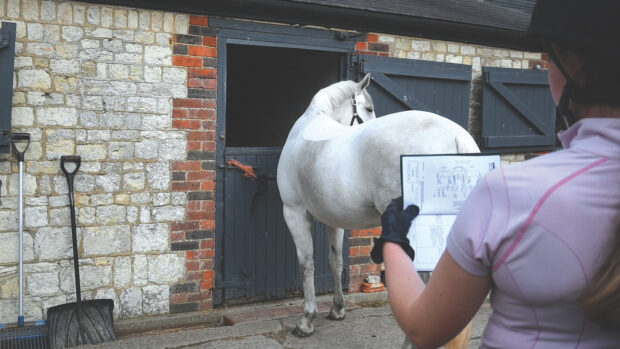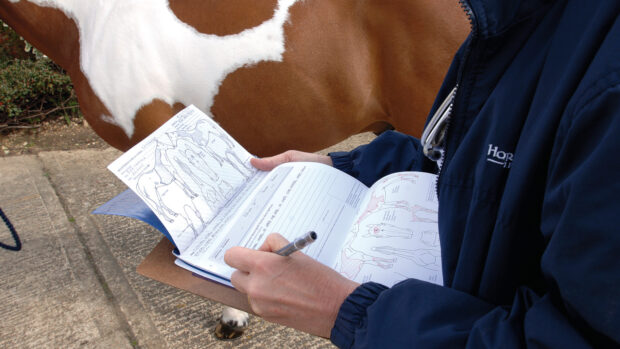Vets have been warned by the Government that they face fines of up to £5,000 if they fail to record that a horse has been given bute on its passport.
And owners who stockpile the drug and use it without a prescription are reminded that they are also breaking the law.
The warning comes in the wake of the horse meat in processed food scandal.
Last week the Food Standards Agency (FSA) found that some Findus frozen beef lasagne contained 100% horse meat.
In January it emerged that some beef burgers contained 29% horse meat.
These revelations have led to concerns that horses treated with bute could end up in the food chain. Just one dose of bute in a horse’s lifetime means it must not go for meat.
In a letter to vets, Defra’s chief veterinary officer Nigel Gibbens wrote: “A number of veterinary medicines commonly used for the treatment of horses, for example phenylbutazone [bute], if consumed, can be harmful to human health.
“Small numbers of horses [slaughtered for human consumption] are testing positively for the presence of phenylbutazone.”
The FSA will now test all meat from horses slaughtered in the UK for human consumption — around 8,500 a year.
Until now it has tested meat from just under 2% of horses. Eight horses that were tested in 2012 had been given bute.
British Equine Veterinary Association (BEVA) chairman Keith Chandler told H&H that his members were well aware of the rules surrounding bute.
But he felt that those vets who do not deal with horses regularly would benefit from the reminder.
He added that the problem of clients self-prescribing bute for their horses is widespread.
“Bute is a dangerous medicine and must not be distributed to your horses like aspirin, but only under a vet’s supervision,” he said.
This news story was first published in the current issue of H&H (14 February 2013)



